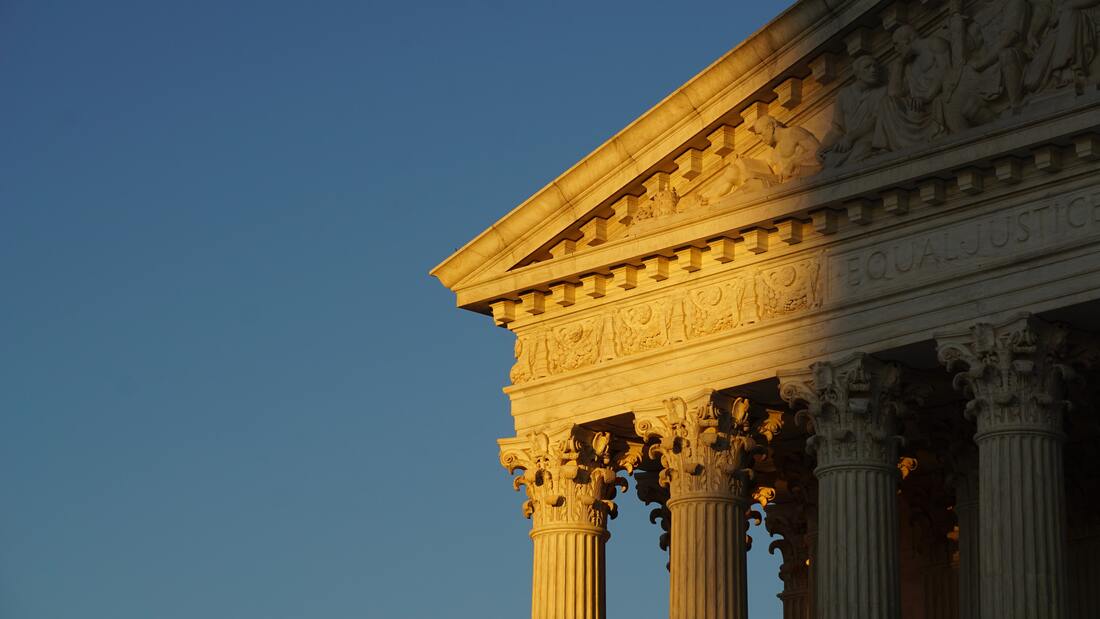|
This month, the Supreme Court will meet to consider whether to hear two cases asking whether a state can constitutionally require its attorneys to join and fund a state bar association.
The cases, McDonald v. Firth and Schell v. Darby, are the latest in a long line of cases where the lower courts have felt compelled by Supreme Court precedent to ignore the First Amendment harms flowing from compelled speech and association. We hope that the Court will decide to hear one or both of those cases. Both present the Supreme Court with the opportunity to ensure that attorneys are not put to the coercive choice of, as the Court said in the recent case Janus v. AFSCME, “betraying their convictions” and earning a living. There are many activities that give rise to this coercive choice. Among them, mandatory state bars advance controversial political and ideological positions by filing briefs, by lobbying, or even by taking official positions on behalf of their members. In the middle of a recent ballot initiative to change the way that Utah chooses judges, for example, the mandatory Utah State Bar issued a statement opposing such changes, emphasizing that the Bar “fully supports Utah’s current merit system as the best way to select a competent, independent judiciary.” In a different—but related—context, the State Bar of Michigan in 2013 actively campaigned for “all payments for communications referring to judicial candidates” to be “reportable to the Secretary of State.” It should come as no surprise that members of those bars, like members of every group, differ on the proper resolution of those issues. McDonald and Schell thus ask, at bottom, two questions. The first is whether attorneys give up—as a precondition to getting a law license—their right to fund only that legislation or those messages with which they agree. The answer to that question should be no. But the second question is equally important and should similarly be answered no. It asks whether—regardless of the funding question—attorneys can be forced to associate with groups with which they don’t want to associate, whether because of that group’s public positions or for, frankly, any other reason. We’ll continue monitoring these cases and hope that the Supreme Court agrees to review them and, ultimately, protect the First Amendment rights of attorneys. In the meantime, for a broader picture of ways that mandatory bars act in ways that harm their members, you can read our brief in the McDonald case here. Comments are closed.
|
Archives
June 2024
Categories
All
|
ABOUT |
ISSUES |
TAKE ACTION |



 RSS Feed
RSS Feed